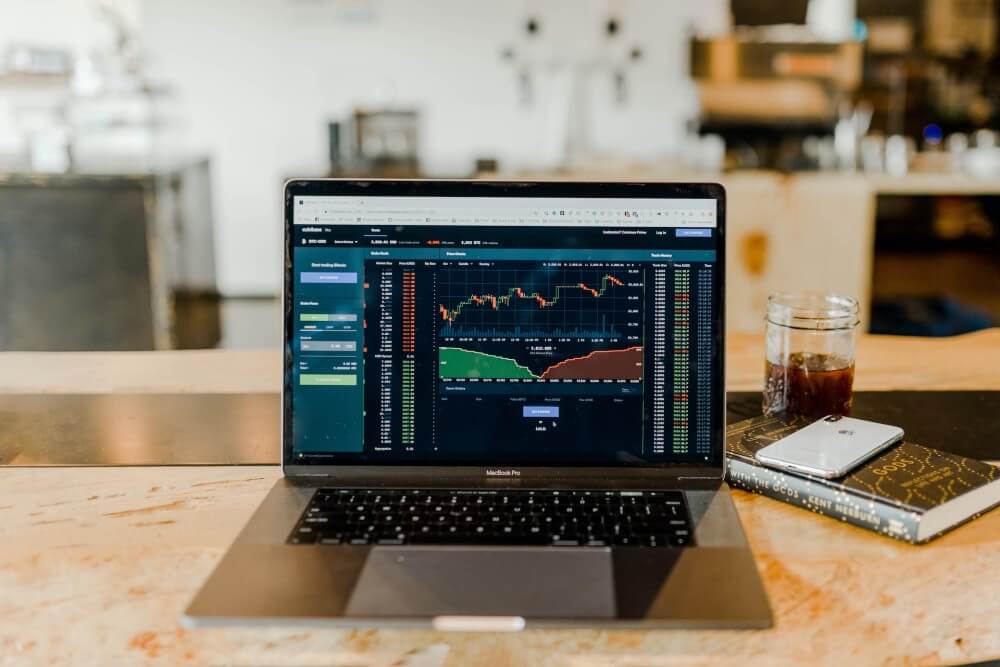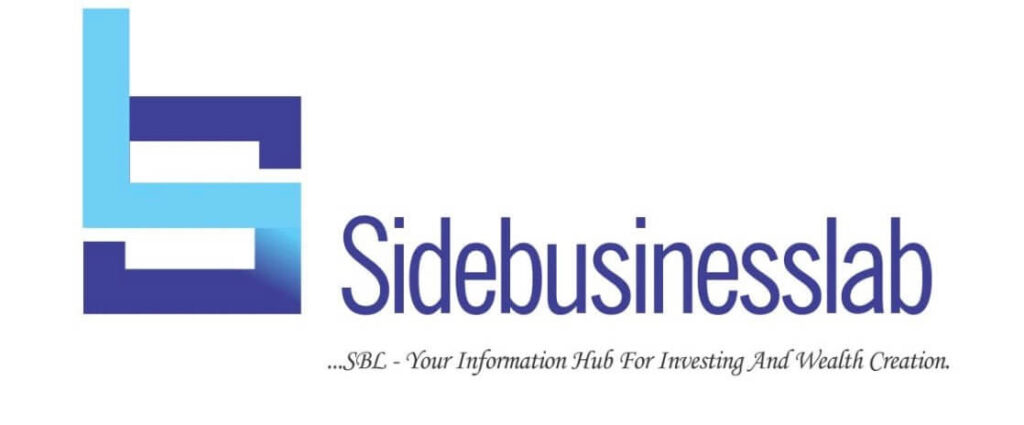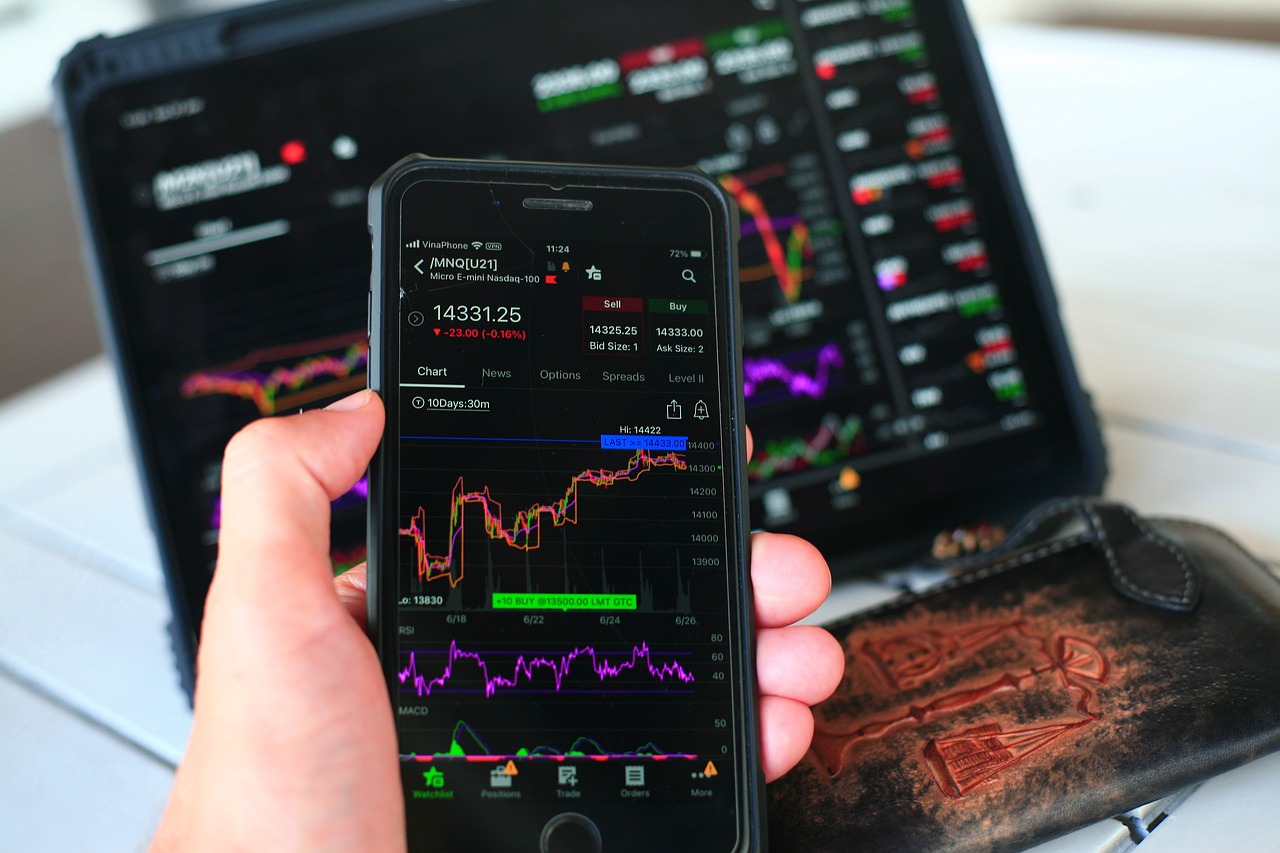The stock market is a crucial part of any economy, as it contributes significantly to the overall financial health of the country.
A sudden and significant drop in the value of stocks poses a serious threat to the economy, as it can lead to significant economic downturns, job losses, and reduced government revenue. When there’s a stock price crash, almost all players in an economy – the government, businesses, investors, and consumers – get a hit.
Understanding the relationship between the stock market and the general economy will help you prepare for potential market fluctuations and navigate your business out of a downturn.
This article discusses what happens to the economy when the stock market crashes, taking you back through some historical examples and how the government, businesses, and individuals can mitigate the impact.
Effects of a Stock Market Crash on the Economy
A significant crash in stock prices affects not just the government; businesses, individual investors, employees, and consumers are also greatly affected. Here is how these parties are affected:
Effect on Individual Investors
Individual investors are among the hardest hit during a significant crash in the stock market. This is mostly true for investors who have a greater portion of their wealth invested in the stock market.
A stock market crash reduces the value of an investor’s portfolio and significantly affects their purchasing power. Unable to maintain their standard of living, most investors become panicky and resort to selling their stocks at massive losses, further exacerbating the decline in stock prices.
Effect on Businesses
Stock market crash effects on businesses can be disastrous, with potential consequences that may include a decrease in business value, difficulty in accessing capital, reduction in sales due to reduced consumer spending, and job losses.
A stock market crash has a significant negative effect on the value of a business, especially publicly-traded companies. When the stock price of a publicly-traded company falls significantly, it leads to a decrease in shareholder wealth and consequently a potential loss of confidence in the company.
It’s difficult for a company to function effectively in this situation, as it becomes even more difficult to access loans or capital from investors. Even more, investors and consumers are skeptical of spending, leading to reduced sales and revenue for the company. At this point, many businesses tend to lay off workers to cut costs to stay profitable.
Read: How to Pick the Right Dividend Stocks that Are Recession-Proof
Effect on Employment
The rate at which people lose their jobs during a stock market crash far outweighs the rate at which companies hire at this point. A stock market crash affects employment in several ways, which of course significantly affects the general economy.
Some businesses lay off staff as part of a strategy to cut costs and stay profitable, while others reduce employee benefits or even stop hiring completely. For most small business owners, this can lead to a complete business shutdown, as there might not be enough funds to keep the employees working to weather the downturn.
Effect on Government Revenue
The government isn’t left out when the stock market crashes, as the other affected parties rely on it to provide a solution. There are many ways a stock market crash affects the government, some of them are:
- Decreased tax revenue
- Increased demand for government services like unemployment benefits, healthcare, and social assistance
- Decreased revenue from government investments
- Increased borrowing to finance government projects
The decisions a government makes in the event of a stock market crash determine the duration of the economic downturn. There are a few instances where a stock market crash led to a severe financial crisis that lasted longer than predicted.
Read: What Are the Requirements for Becoming a Stock Advisor in the United States?
Historical Examples of the Impact of a Stock Market Crash on the Economy
The great depression of 1929 and the 2008 financial crisis are perfect examples to describe what happens to an economy in the event of a stock market crash. Let’s briefly look at how they affected the economy.
The Great Depression
The Great Depression of 1929 remains the worst global economic crisis in history. It was a severe downturn that lasted up to 10 years, rendering individuals, businesses, and the government poor and insolvent.
Starting with a significant fall in stock prices, the great depression spread to other sectors of the economy. Unemployment and poverty rates soared as people lost their jobs, savings, and homes. Necessities like food and shelter were hard to come by.
While individuals suffered greatly, the government and businesses also had their fair share of the crisis. Businesses were unable to access funds from investors, and consumers reduced their spending habits. Most business operations stalled, while smaller businesses closed to avoid further debt.
The government, on the other hand, battled low tax revenue, increased demand for social assistance, and increased borrowing to carry out projects.
The 2008 Financial Crisis
While the 2008 financial crisis was not primarily caused by a crash in the stock market, the rapid fall in stock prices worsened the situation. The 2008 global financial crisis began in the US and spread to other parts of the world, resulting in the biggest economic downturn since the Great Depression.
Though it started with the housing market bubble, other factors like subprime lending, over-leveraged banks, and the stock market crash contributed to its great impact. While people sold their stocks at ridiculously low prices to survive, businesses were cash-strapped and couldn’t access loans from the banks. Millions of jobs were lost, thousands of businesses folded, and the government applied many policies to combat the situation.
Now that you know what happens to the economy when the stock market crashes, let’s look at the different ways its impact can be mitigated.
Also read: How to Grow Your Business Revenue Irrespective of What the Economy is Saying
Measures to Mitigate the Impact of a Stock Market Crash on the Economy

Here are the different ways the impact of a stock market crash can be lessened:
Government Intervention
In the event of a stock market crash, the government is looked upon to stabilize the economy and provide support to individuals and businesses. It does this by implementing policies to boost activities that help the economy recover.
The government reduces taxes and interest rates and increases money supply by building projects that create jobs for the people. Once jobs are created and money circulates, economic activities will build up, and the general economy will be in a recovery phase.
Diversification of Investment Portfolios
Individual investors who put a larger portion of their wealth into the stock market are the most affected during a stock market crash. Portfolio diversification is the easiest way for investors to mitigate the impact of a stock market crash, as their investments would be spread across different sectors of the economy.
Long-term Investing
One of the major triggers of a stock market crash is a lack of knowledge about how the market functions. During the early stages of a stock market crash, most investors become panicky and sell their stocks at ridiculous prices. This greatly reduces the value of stocks, forcing businesses and governments to take drastic decisions.
Long-term investing is a great strategy that helps mitigate the impact of the stock market crash. This is because, in the long run, the market corrects itself. Stock prices will rise, consumer spending will increase, and businesses will eventually have the money to produce more goods and services, which will lead them to hire more workers.
Read: 5 Investment Opportunities for Americans in Montserrat Real Estate Market
Conclusion – What Happens to the Economy if the Stock Market Crashes
Since the stock market is used to determine the health of an economy, a crash in stock prices indicates a decline in economic growth.
However, not all stock market crashes negatively affect the economy. Some occur to make corrections in the market, especially in the area of overvalued stocks.







